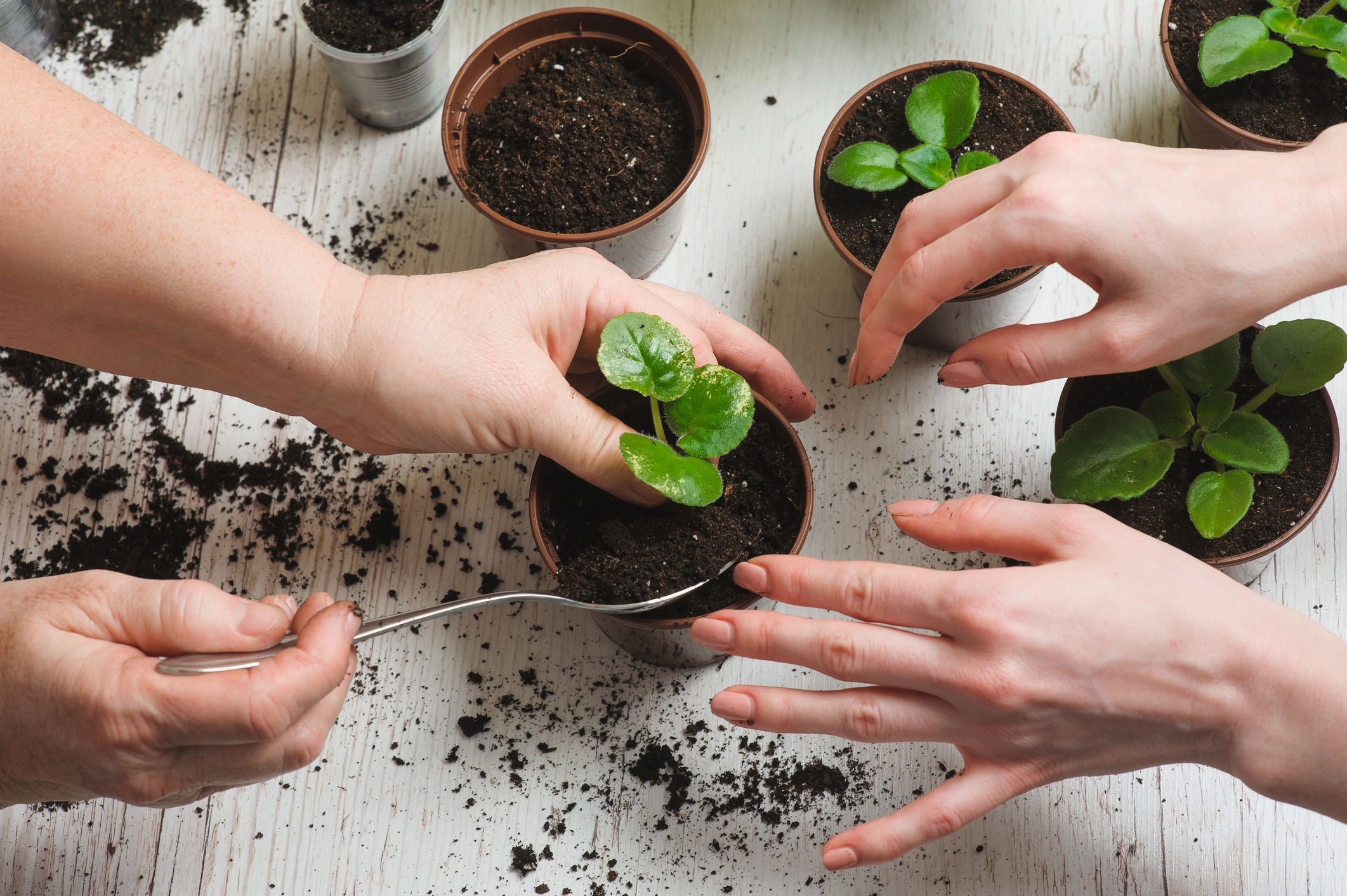
Indoor gardening is a great way to bring the beauty of nature into your home. However, keeping your plants healthy can be a challenge, especially if you’re new to gardening. In this blog post, we’ll share some tips for caring for your indoor plants and keeping them healthy.
- Watering Your Plants
Watering is one of the most important aspects of caring for indoor plants. Here are some tips to keep in mind:
Check the soil: Before watering your plants, make sure the soil is dry to the touch. Overwatering can lead to root rot and other problems.
Use room temperature water: Cold water can shock your plants, so use room temperature water instead.
Avoid getting water on the leaves: Watering the leaves can lead to fungal growth and other problems. Water the soil instead.
- Providing the Right Light
Most indoor plants need plenty of natural light to thrive. Here are some tips for providing the right amount of light:
Know your plant’s needs: Some plants need more light than others. Research your plant’s specific light requirements and place it accordingly.
Rotate your plants: To ensure all sides of your plant receive equal amounts of light, rotate it every few days.
Consider artificial light: If your home doesn’t receive enough natural light, consider using artificial grow lights.
- Choosing the Right Soil
Choosing the right soil is essential for the health of your plants. Here’s what to keep in mind:
Choose a high-quality potting mix: Look for a mix that is formulated specifically for indoor plants.
Ensure good drainage: The soil should be well-draining to prevent water from pooling at the bottom of the pot.
Use a pot with drainage holes: A pot with drainage holes will allow excess water to escape, preventing root rot.
- Fertilizing Your Plants
Indoor plants need nutrients to grow and thrive. Here are some tips for fertilizing your plants:
Use a balanced fertilizer: Look for a fertilizer with an equal ratio of nitrogen, phosphorus, and potassium.
Follow the instructions: Follow the instructions on the fertilizer package to avoid over-fertilizing your plants.
Fertilize in moderation: Indoor plants don’t need to be fertilized as often as outdoor plants. Once a month is usually sufficient.
